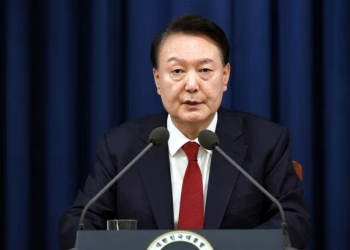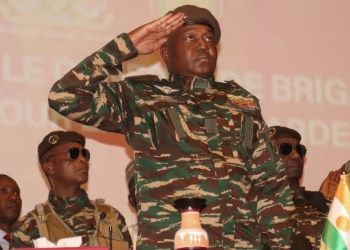Deputy President Rigathi Gachagua has recently encountered challenges within his political stronghold of Mount Kenya. Once viewed as a unifying figure, Gachagua’s difficulties have intensified following allegations of government intimidation against his supporters.
His rise was bolstered by significant backing from regional leaders, particularly after former President Uhuru Kenyatta’s retirement. However, recent events have revealed fractures within this support base. At a women’s empowerment fundraiser in Kesses, Gachagua accused Rift Valley leaders close to President William Ruto of fostering discord in Mount Kenya, claiming their ambitions for 2032 were destabilizing the region.
He lamented the shift in support, recalling how youth mobilized against Kenyatta are now turning against him. Gachagua has since embarked on a campaign for unity, actively engaging with locals and seeking their forgiveness, urging against divisions within the community.
Political analysts express skepticism about Gachagua’s unity efforts, suggesting they may serve to consolidate power among a select few rather than genuinely promote inclusivity. Critics from Ruto’s camp have also accused him of fostering tribalism and using intimidation tactics.
Despite these challenges, some leaders, like Embakasi North MP James Gakuya, have defended Gachagua against attempts to undermine his reputation, emphasizing the need for regional solidarity. However, the ongoing struggle highlights the delicate balance between local interests and national cohesion in Kenya’s evolving political landscape.
As Gachagua navigates these turbulent waters, his ability to foster unity while addressing local demands will be crucial for his future and that of the Mount Kenya region.
Deputy President Rigathi Gachagua Faces Political Isolation in Mount Kenya
Plugin Install : Subscribe Push Notification need OneSignal plugin to be installed.















